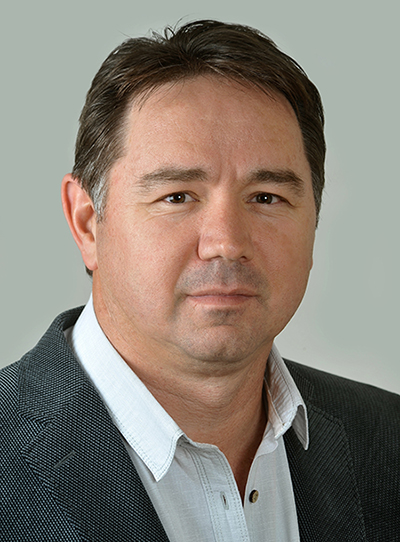The North-West University (NWU) will play a prominent role in establishing a new International Centre for Genomic Research in Neuromuscular Disease, and South Africa’s participation in this virtual centre. The centre will bring scientists, academics and clinicians from six nations in four continents together in the fight against neuromuscular diseases.
Neuromuscular diseases include many different conditions that impair the functioning of muscles in the human body. Some of the more prominent diseases in this group are muscular dystrophy, amyotrophic lateral sclerosis (ALS) and motor neuron disease. These have been widely publicised in recent years, with high-profile sufferers such as rugby legend Joost van der Westhuizen and astrophysicist Stephen Hawking publicly sharing their journeys with their conditions.
Lack of funding equals less research
Even with these famous personalities bringing neuromuscular diseases to the forefront, not enough research has been done to address the challenges that this group or rare and mostly debilitating diseases pose to sufferers and the medical profession.
In developing countries this is mainly due to a lack of funding as most research and health funding goes towards more prominent diseases such as HIV/Aids, tuberculosis, cardiovascular disease and cancer.
Prof Francois van der Westhuizen of the Mitochondria Research Laboratory in the NWU’s Faculty of Natural and Agricultural Sciences says a large international grant from the United Kingdom’s Medical Research Council (UK-MRC) will make the virtual centre a reality over the next five years and will enable ambitious plans for clinical training and population-specific genetic research in four continents. This is where the NWU comes in, according to Francois.
Going global with the fight
He explains that the current UK-MRC’s Centre for Translational Research in Neuromuscular Disease is a partnership between University College London, Newcastle- and Cambridge Universities. The centre has been doing ground-breaking research for the past decade, studying patient cohorts of more than 10,000 and developing new therapies.
“When the UK-MRC provided the recent funding opportunity to extend this research globally, the centre contacted established collaborators in selected countries with the idea of establishing a new international centre to stimulate research in neuromuscular diseases and therapies in other population groups. The UK, South Africa, Brazil, India, Turkey and Zambia will be part of the centre, sharing expertise and research.
Francois, a researcher on mitochondrial disease, will be the primary investigator on the South African side. Scientists and clinicians at four local universities, the NWU, University of Cape Town (UCT), the University of Pretoria (UP) and Stellenbosch University (SUN), will work together in establishing the South African part of this centre.
Sharing knowledge will have an impact
“The first goal was to contact local medical professionals, collaborators mostly in clinical and diagnostic practice who have established expertise in an academic environment.
He says that for the study over the next five years they should be able to form a South African network at specific locations where:
- patients with neuromuscular disease attend specialist clinics of the clinical collaborators (UCT, UP, SUN) and where two clinical fellows in neuromuscular disease can be trained; and
- the logistics and infrastructure will be set up to perform the extensive genetic investigations on the patients from South Africa.
“The plan is to assemble and study approximately 10 000 patients from the six countries involved over the next five years to obtain and share valuable clinical and genetic data that can be used in identifying and testing novel therapies.”
Francois says more research is needed to identify the unique genetic and other factors in specific regions that contribute to neuromuscular diseases.
“Up to now, especially in developing countries such as South Africa, there has been limited population-specific genetic confirmation for most of the neuromuscular diseases. Although we have some excellent clinicians and researchers in South Africa, genetic confirmation and further characterization of these diseases in our populations have been lacking due to limited funding, population-specific knowledge and diagnostic capacity. The activities of this new centre will contribute greatly to change this.”
He says large multi-disciplinary collaborations where knowledge and expertise are shared are hugely important to be able to achieve outcomes that will not only be of greater scientific impact, but will also result in real societal benefit.
“It will help us to examine new avenues for properly diagnosing and dealing with these diseases and aid in developing new medicines to fight them,” he concludes.
|
Prof Francois van der Westhuizen. |
NWU hosts biochemists for international conference
The NWU’s biochemists are not only involved in establishing the International Centre for Genomic Research for Neuromuscular diseases, they also hosted the 26th biennial conference of the South African Society of Biochemistry and Molecular Biology (SASBMB). |

